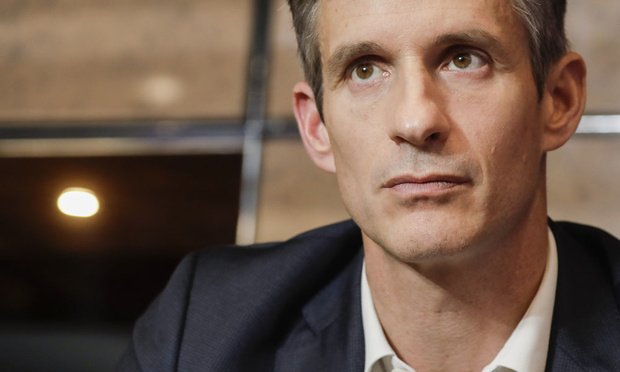A restructuring plan announced last year by telecommunications company Proximus based on voluntary redundancies has been a success, the company said.
The plan involved the loss of 1,300 full-time-equivalent jobs (FTEs). The company invited applications for voluntary redundancy, in the hope of avoiding compulsory redundancies.
Unions at the time protested against the plan, but in the meantime, more than enough FTEs have signed up to achieve the target – more than was originally expected.
Now some parts of the company are experiencing the opposite problem: so many people have volunteered to leave that those who remain are barely able to keep the services running. That’s the case for call centres, account managers for large clients and complaints handling.
At one point it appeared that not all voluntary redundancies might be able to be permitted, which led to further protest from unions, claiming that the calculation of the required FTE losses in the restructuring plan had been made without regard to the actual situation on the grounds, and the needs of particular services. In addition, some employees who had been given verbal notice that they would be allowed to leave now found that their situation was far from being as certain.
On Friday, however, the unions were informed that all applications would be approved, and that measures would be taken in the short term to cope with the burden of work of those left behind. Unions are due to meet with new CEO, Guillaume Boutin, on Monday.
The restructuring plan was drawn up last year, before Boutin’s appointment in December, by previous CEO Dominique Leroy, who now works as a consultant for the American company Bain & Co at its Brussels office, having missed being appointed as CEO of the Dutch telecommunications company KPN amid misgivings over the circumstances of the sale of some of her Proximus shares.
• In related news, doubts continue to surround the qualifications claimed by new CEO Boutin. Following revelations that he was not, as claimed on his Proximus biography, a graduate of the MBA programme at the prestigious business school Insead in Fontainebleau near Paris, it now emerges that another claim to have been employed as a strategic consultant for the management consultancy Roland Berger, based in Munich, was also not entirely accurate. According to MP Michael Freilich (N-VA), the post was in fact a three-month internship. Freilich now intends to demand an explanation from telecommunications minister Philippe De Backer (Open VLD).
Alan Hope
The Brussels Times

